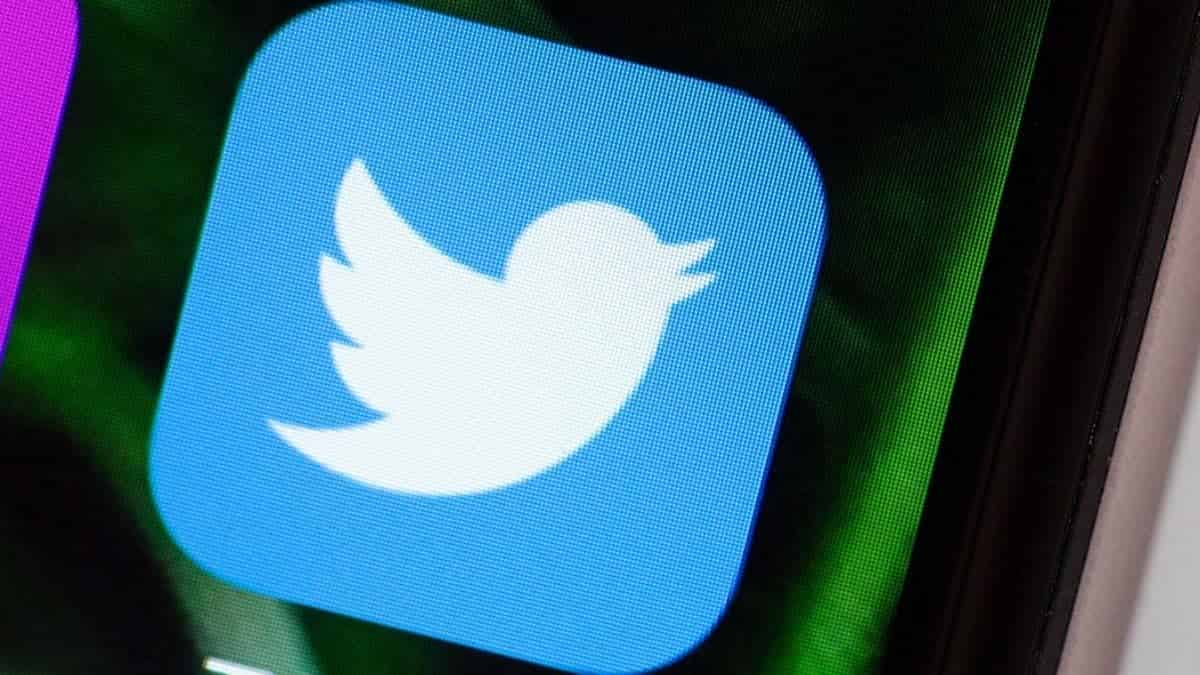History of twitter, how it became the platform for free speech

Twitter, is an online microblogging service for distributing short messages among groups of recipients via personal computer or mobile telephone. Twitter incorporates aspects of social networking websites with instant messaging technologies to create networks of users who can communicate throughout the day with brief messages, or “tweets.”
History of Twitter
Odeo, a podcasting company started by Evan Williams, Biz Stone, and Noah Glass in 2004, gave birth to Twitter. (Williams and Stone had previously worked at Google, and Williams was the creator of the successful blogging platform Blogger.) When Apple announced in 2005 that podcasts will be added to its digital media program iTunes, Odeo’s executives realized that the company couldn’t compete with Apple and that a new strategy was required. Engineer Jack Dorsey presented a short message service on which one could send and share brief blog-like updates with pals when Odeo staff were asked about any interesting side projects they had. Twitter was suggested by Glass.
On March 21, 2006, Dorsey posted the first tweet (“just putting up my twttr”), and the finished version of Twitter appeared in July 2006. Seeing potential in the product, Williams, Stone, and Dorsey purchased Odeo in October 2006 and formed Obvious Corp. to further develop it. Following its presentation at the South by Southwest music and technology convention in Austin, Texas, in March 2007, interest in the platform skyrocketed. Due to an inflow of venture financing, Twitter, Inc. was formed the next month, and Dorsey became the company’s first chief executive officer. Williams fired Dorsey as CEO in 2008, and two years later, chief operating officer Dick Costolo took over as CEO.
Twitter has been basically a free SMS with a social networking component since its inception. As a result, it lacked the distinct revenue stream that can be found on sites that make money from banner ads or membership fees. With a 1,300 percent increase in unique visits in 2009, it was clear that Twitter was more than just a passing fad. However, it was unclear whether Twitter could attain financial independence from its venture capital investors in a year that saw the social networking behemoth Facebook generate a profit for the first time. Twitter announced “Promoted Tweets”—advertisements that show in search results—as its principal revenue source in April 2010. Later that year Twitter also announced Promoted Trends, which placed promoted content in among other trends, and Promoted Accounts, which placed promoted accounts in the list of suggested accounts users may like to follow.
How it became the platform for free speech?
To emphasise the company’s commitment to unrestricted freedom of expression, a Twitter executive dubbed it the free speech wing of the free speech party a decade ago.
Repressive regimes retaliated against Twitter users in the aftermath of the short-lived Arab Spring demonstrations, putting that moniker to the test. In the United States, writer Amanda Hess highlighted the persistent, horrible harassment many women experienced just for posting on Twitter or other online forums in a searing 2014 story.
Musk’s free speech bluster essentially leaves everything out in the air, which is problematic in and of itself, according to Paul Barrett, deputy director of New York University’s Center for Business and Human Rights. In a short period of time, if you stop filtering with automated methods and human reviews, a site like Twitter would devolve into a muck.
When large corporations like Toyota and Anheuser-Busch withdrew their advertising after they ran ahead of terrorist-produced YouTube videos in 2015, Google learnt the hard way, Barrett pointed out. Meanwhile, conservatives have turned to concepts like censorship and free speech as political rallying cries, irritated by right-wing broadcasters and high-profile Republican politicians being kicked off Facebook and Twitter for breaking their rules. Last year, Musk appeared to criticize Twitter’s permanent ban of President Donald Trump over remarks that the tech company claimed contributed to the January 6 insurgency at the US Capitol.


